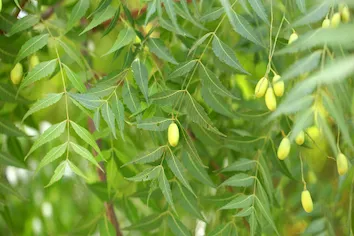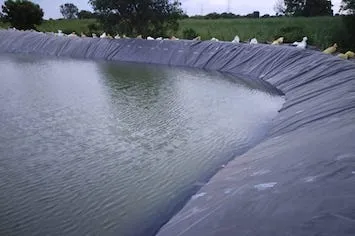 Back
Back
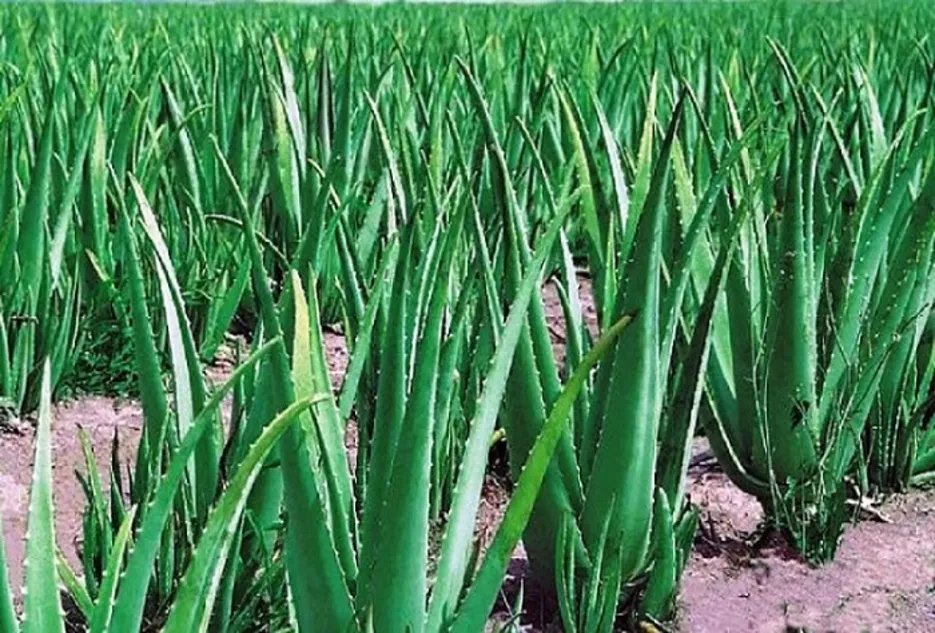
“Aloe vera is proving to be an important crop in today’s time, it is also called Ghritkumari or Guarpatha, because the demand for Aloe vera is also used in making ayurvedic medicine, as well as in beauty products, food and clothing industry. However, due to lack of complete knowledge of its cultivation, farmers are not able to take advantage of it. "
So, today we provide you with information on its farming methods and benefits.
So, today we provide you with information on its farming methods and benefits.

Variety of aloe vera
Variety of aloe vera
Stone aloe vera
Stone aloe vera
Its leaf is brownish green, and has a low height, in which the other flowers are reddish orange.
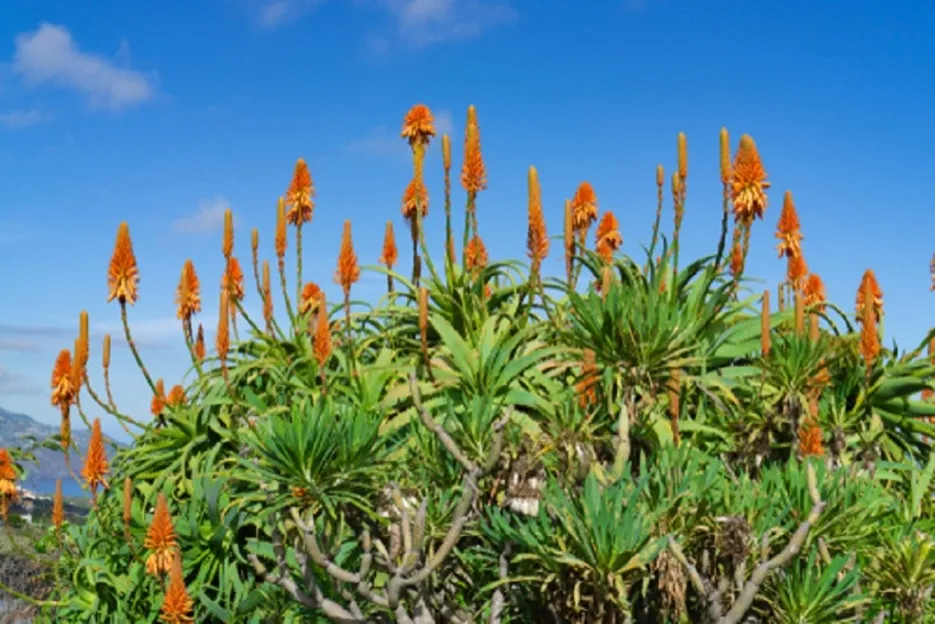
Climbing aloe vera
Climbing aloe vera
Its leaf is dark green color which can be up to 5 m height, flowers are long and yellow orange.
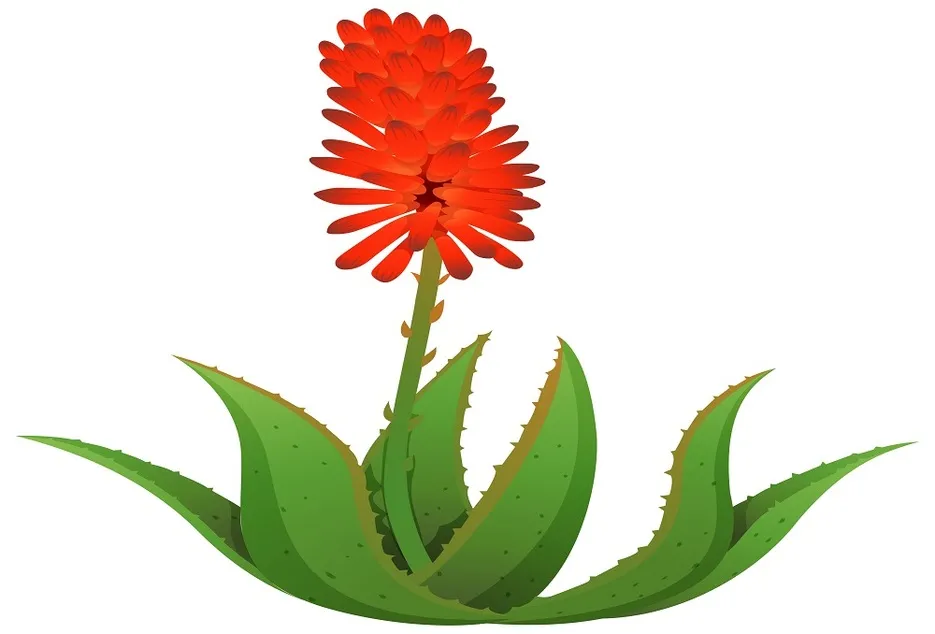
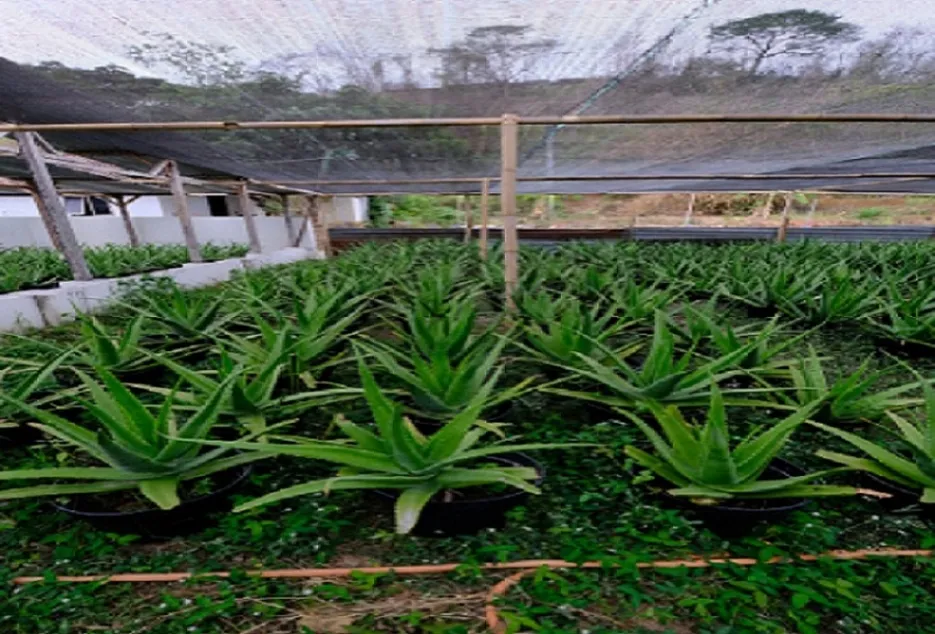
Cap aloe vera
Cap aloe vera
It is the most popular species which is most useful in the company of making Ayurvedic and beauty products, red flowers are attracted in it.
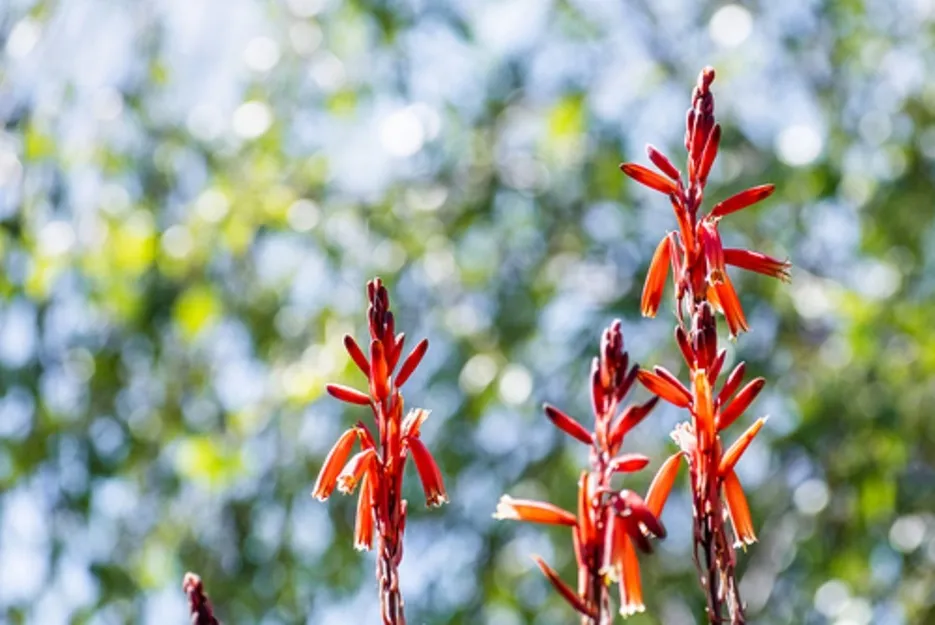
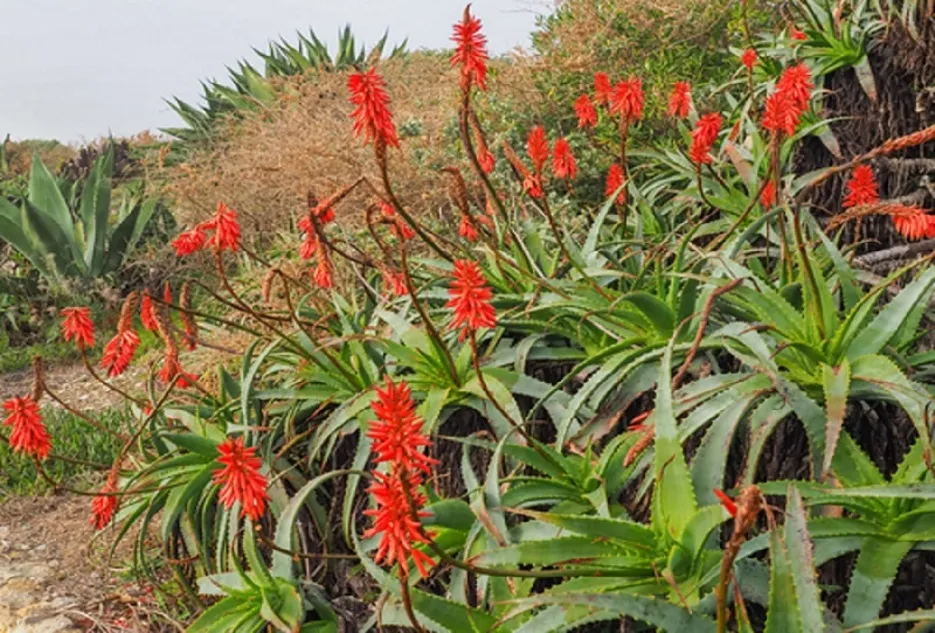
Candelabra aloe vera
Candelabra aloe vera
Can grow up to 10 feet like a small tree, it produces a beautiful reddish orange flower and the flowers rise above the leaves for a unique appearance, studies have proved that such elements in Candelabra Are those that can fight harmful organisms.
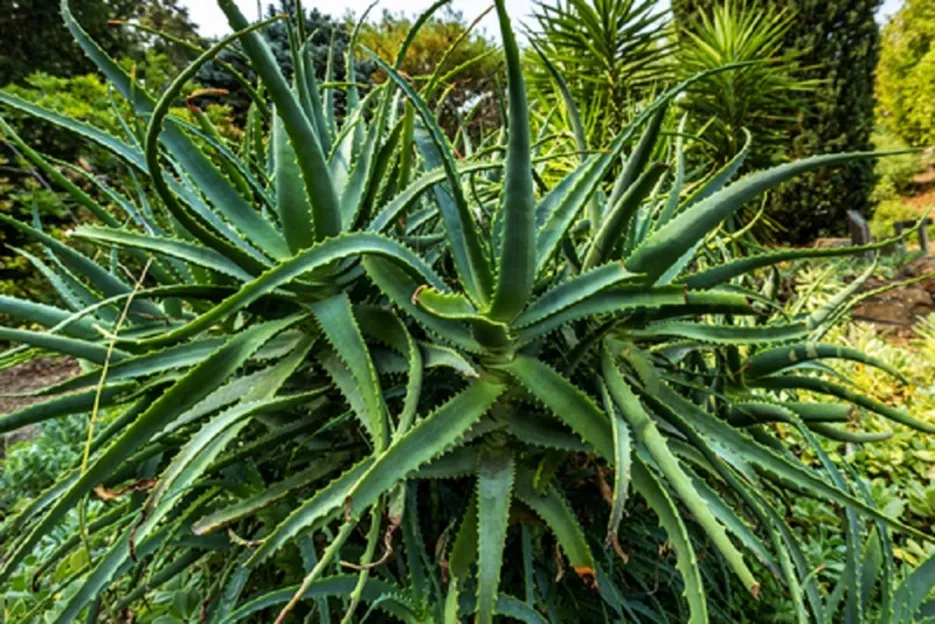
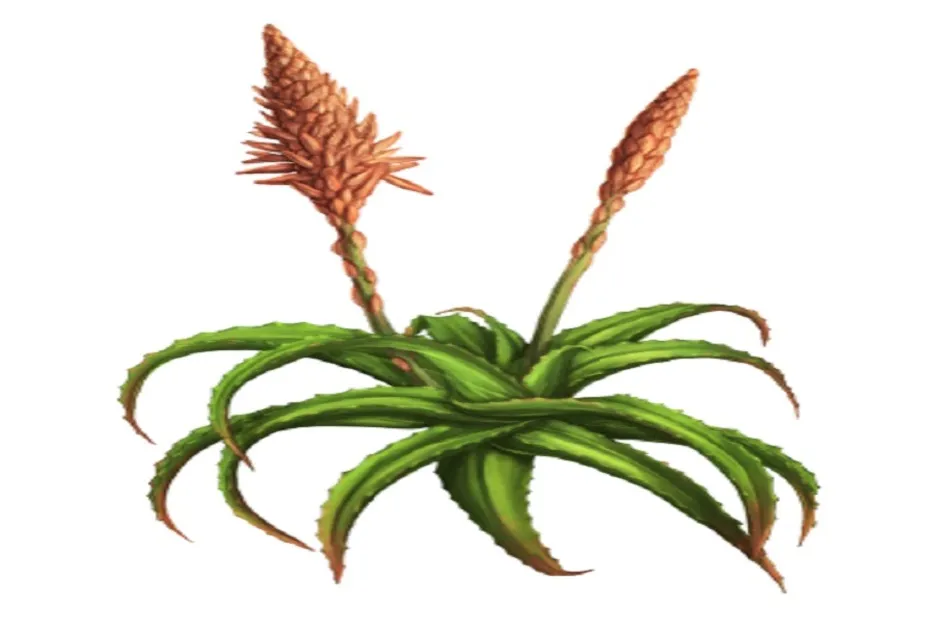
Selection of land
Selection of land
Aloe vera can be cultivated easily in less fertile land with irrigated and non-irrigated facilities, but raised fields are considered better, it can also be planted as a field ridge, because Aloe vera plants are stray Animals do not eat, so the money and time spent in the protection of fields is also saved.
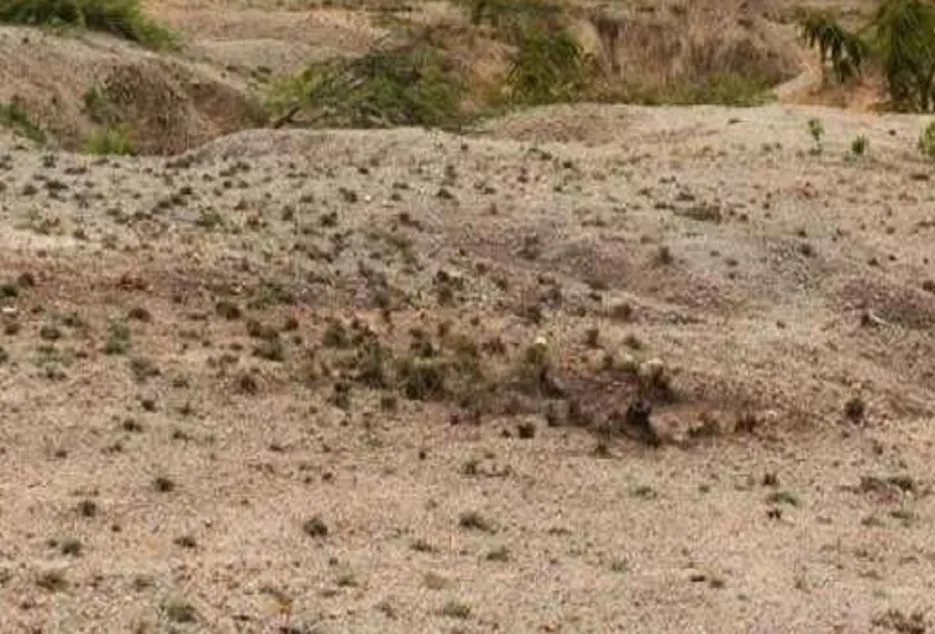
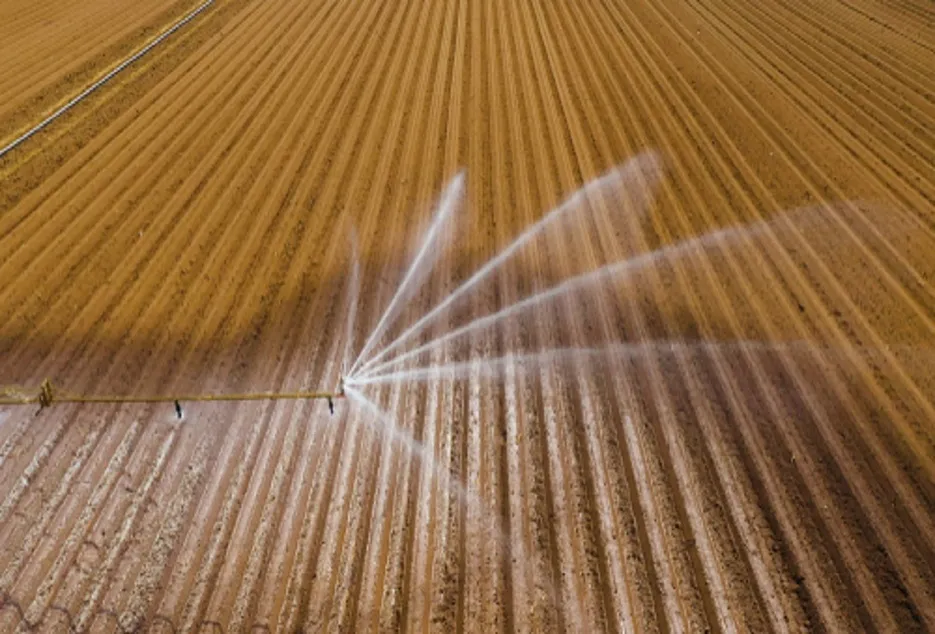
Climate
Climate
The cultivation of aloe vera is favorable for dry season, it can tolerate maximum temperature of 55 ° C and minimum temperature of 22 to 30 ° C, but it requires more heat / sun at the time of flowering. But before the rains begin, its sowing is profitable for cost, time and production.
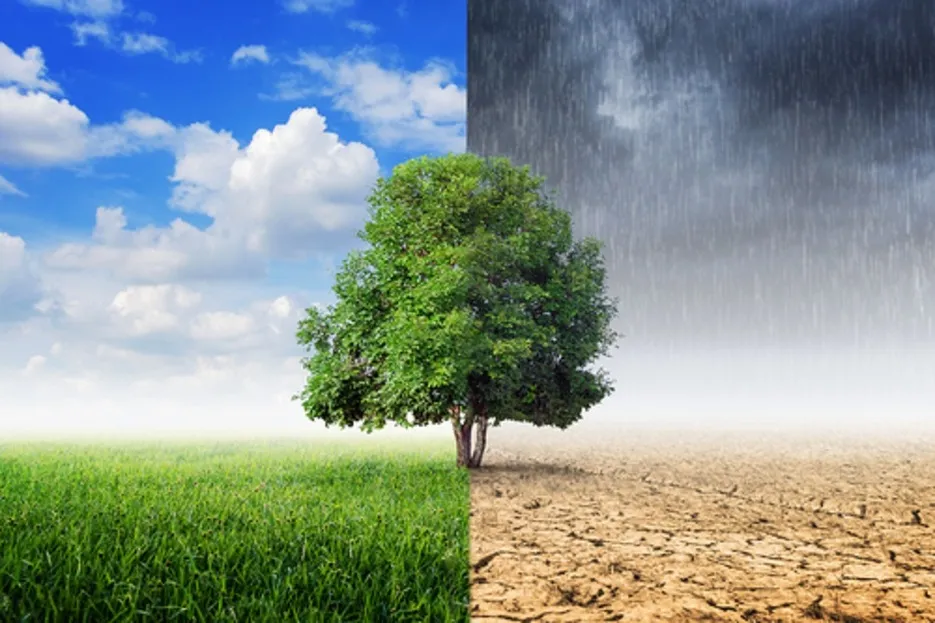
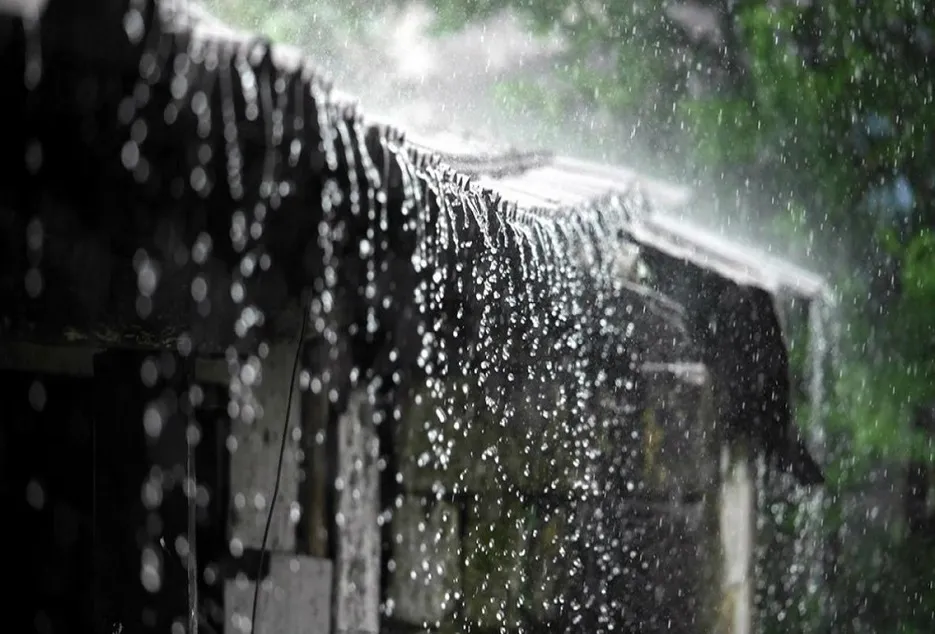
Cultivation Methods
Cultivation Methods
Aloe vera can be cultivated in both ways, it can also be established by sowing seeds directly in the main field and bringing saplings from nursery, but the cost of plantation is more expensive than sowing seeds. Which can usually be from 4 to 12 per plant.
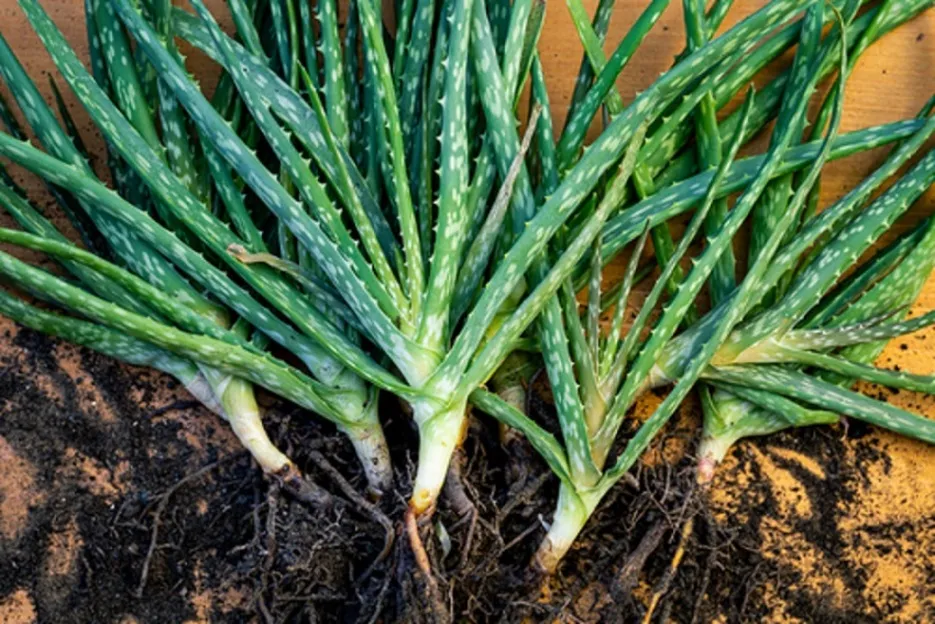
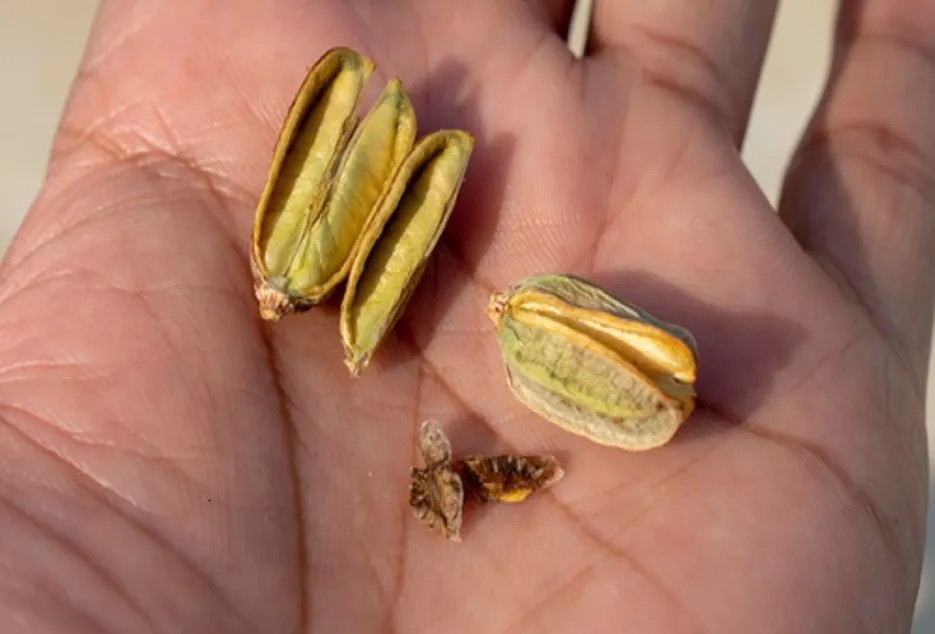
.Preparation of land and use of manure
.Preparation of land and use of manure
To prepare the field, plow the land 4 to 5 inches deep and then make 2 to 3 times the floor and make it flat, at the time of plowing, add 12 to 15 tons of cow dung fertilizer, The farmer can also include NPK 120: 130: 50 kg / acre after soil testing if necessary.
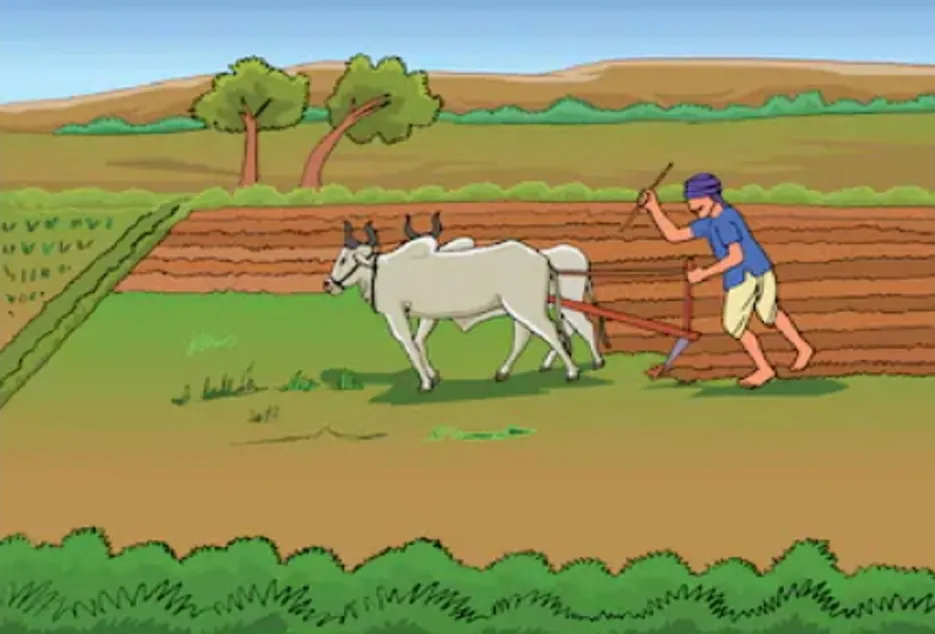
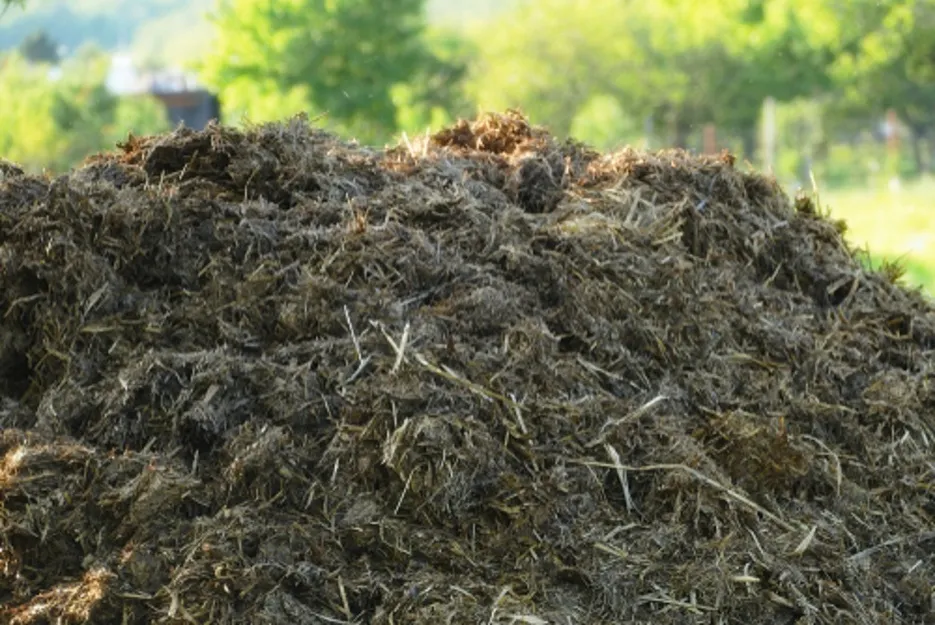
Planting of plants
Planting of plants
Always keep in mind, seed / plant should be taken from reputed institution or government plant house, always choose 3 to 4 months old plants, 50 to 60 cm distance of two plants, and two rows Between 2 meters, if a new plant is produced from the bottom of the plant, it can be established as a new plant.Irrigation is important immediately after planting, drip irrigation also gives good results
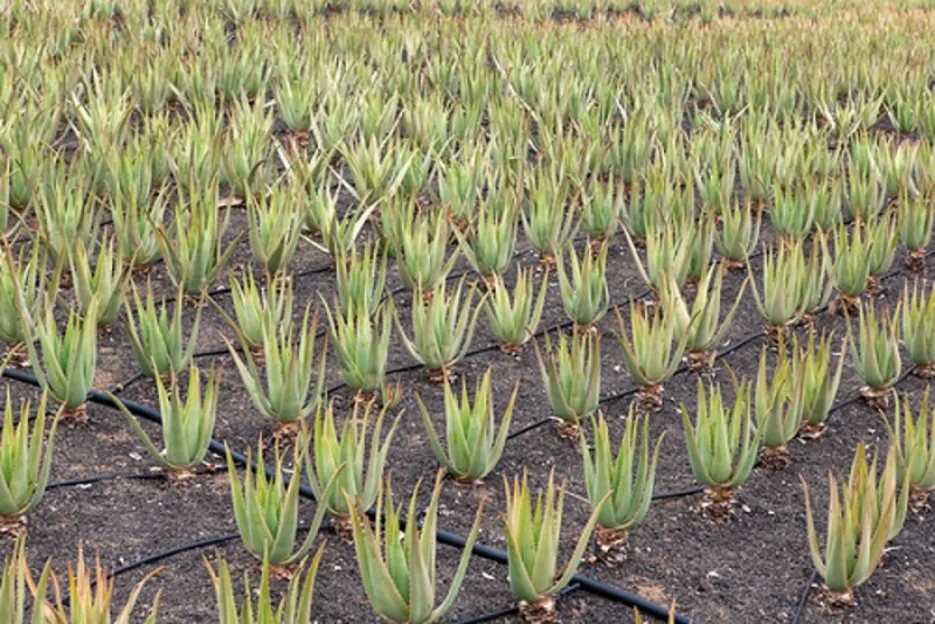
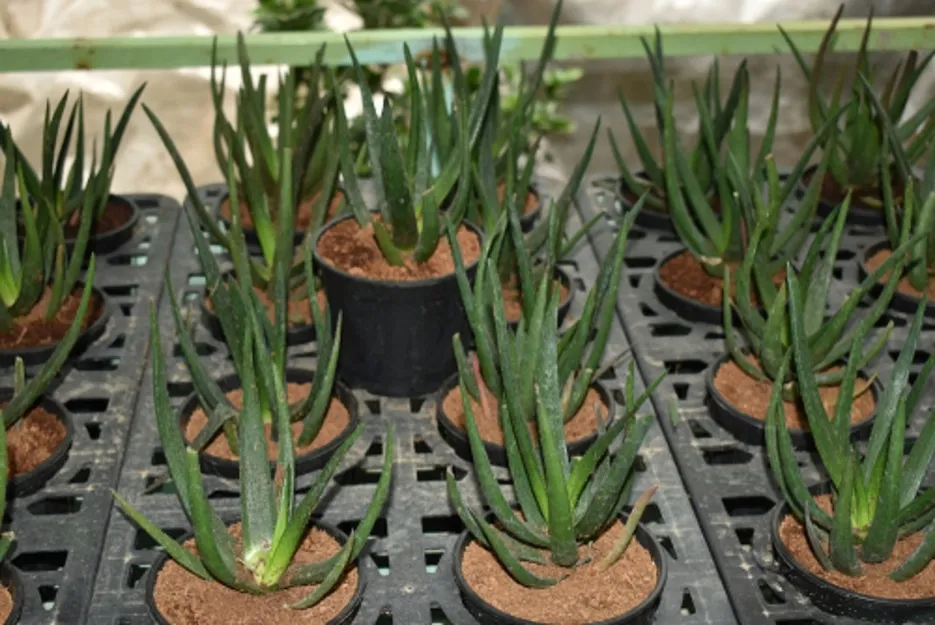
Crop Care Maintenance
Crop Care Maintenance
It is important to take care of aloe vera crop with weeds and waterlogging, weeding hoeing done after one month of planting. Aloevera crop is more prone to rotting disease due to water logging, so make high beds And keep on soil, which will reduce the fall of the plants, if the stains on the leaves and rot in the stem can be due to mildew, then use Mencogeb Dithane M75 as directed, if the effect of mahoo is seen then pyrethin Spray with , Spraying pyrethin if effect of Aphids is seen
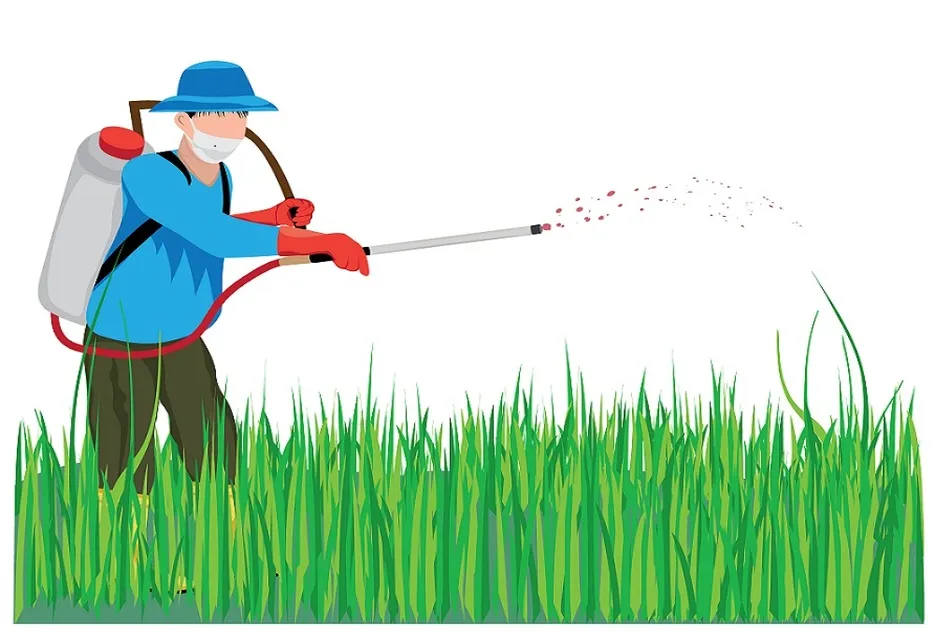
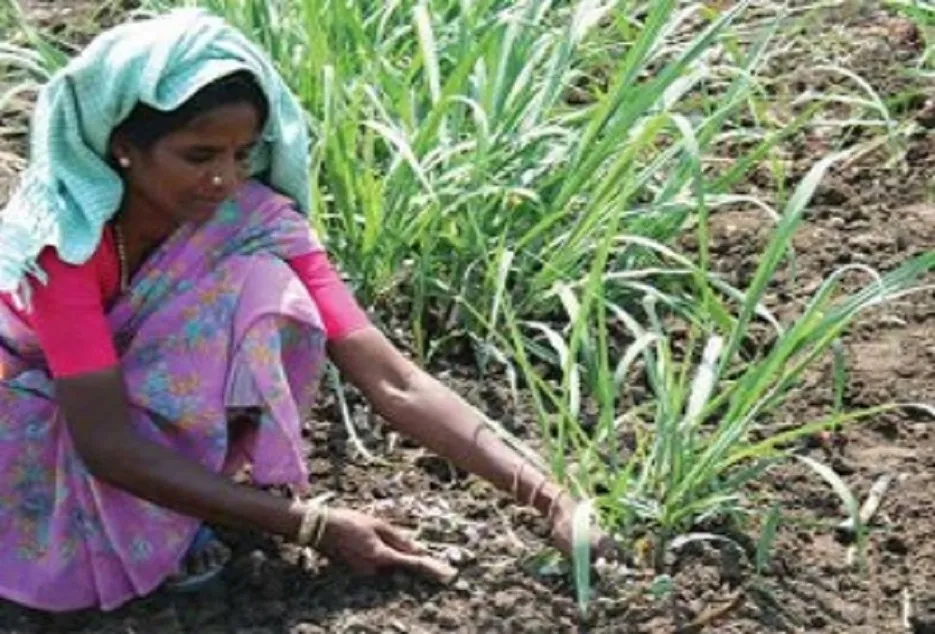
Harvesting
Harvesting

In 10-15 months of transplanting, the leaves become fully developed and capable of harvesting. Harvesting of the lower and older leaves should be done first, followed by harvesting / plucking the lower old leaves again after about 45 days. Thus this process can be repeated for three to four years. About 50 - 55 tons of fresh leaves are obtained annually from one hectare area. The second and third years increase by 20 percent. If 400 grams (ml) of pulp is also obtained from a healthy plant of Guarpathe, the market price of which is Rs. 100. Can be up to per kg
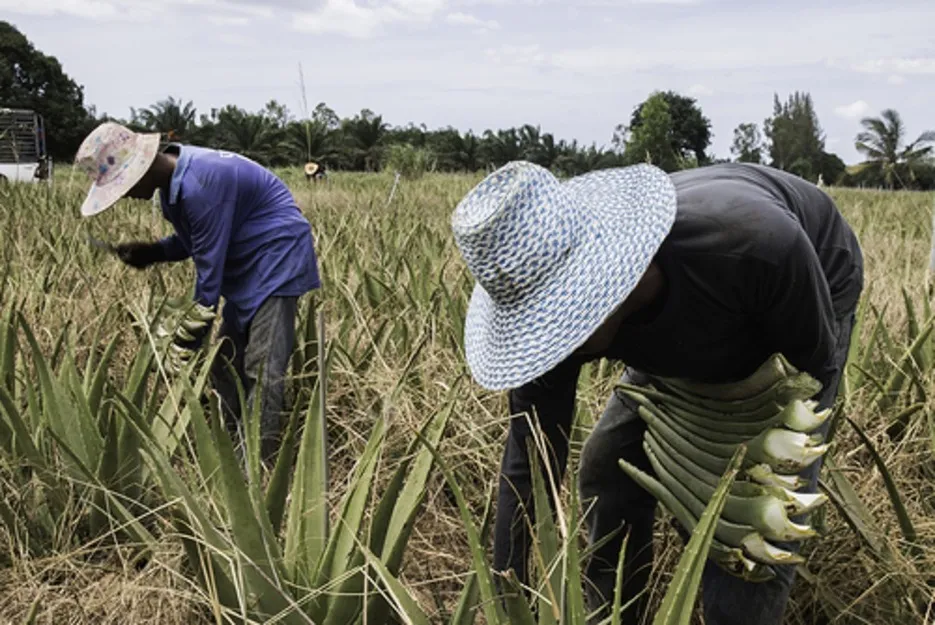
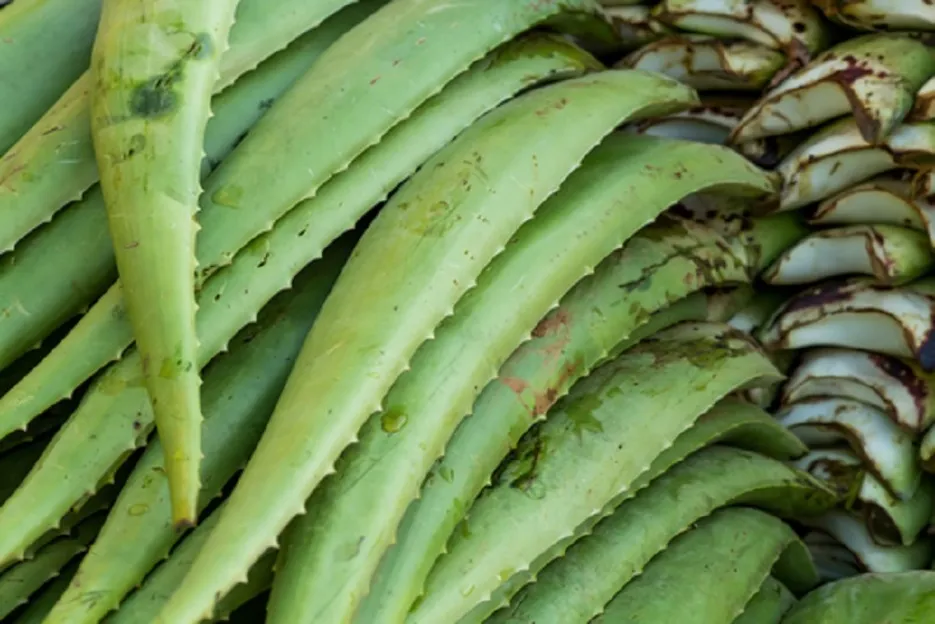
Post harvest management and processing
Post harvest management and processing
Extracted from developed plants, the leaves should be washed with clean water after cleaning, so that the soil is properly cleaned, these leaves can also be preserved by wrapping them in foil and if processing is available the leaves The cut should be cut in the lower part of it which gives a liquid yellow colored substance which can be collected and collected for a long time by evaporation, which also has a higher market value, besides the upper surface of the leaf with a sharp knife Leaf pulp can also be collected and sold in the market.
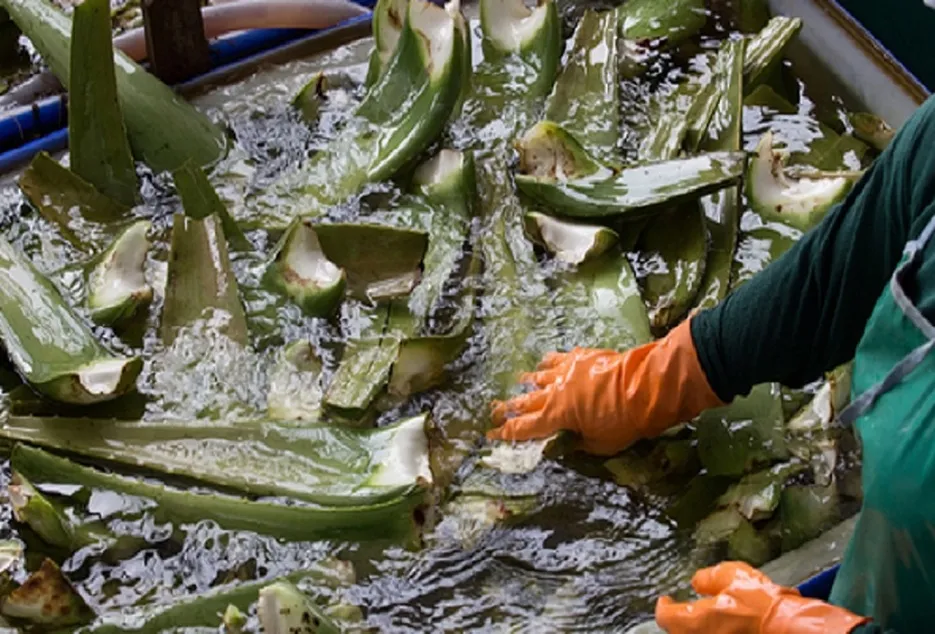
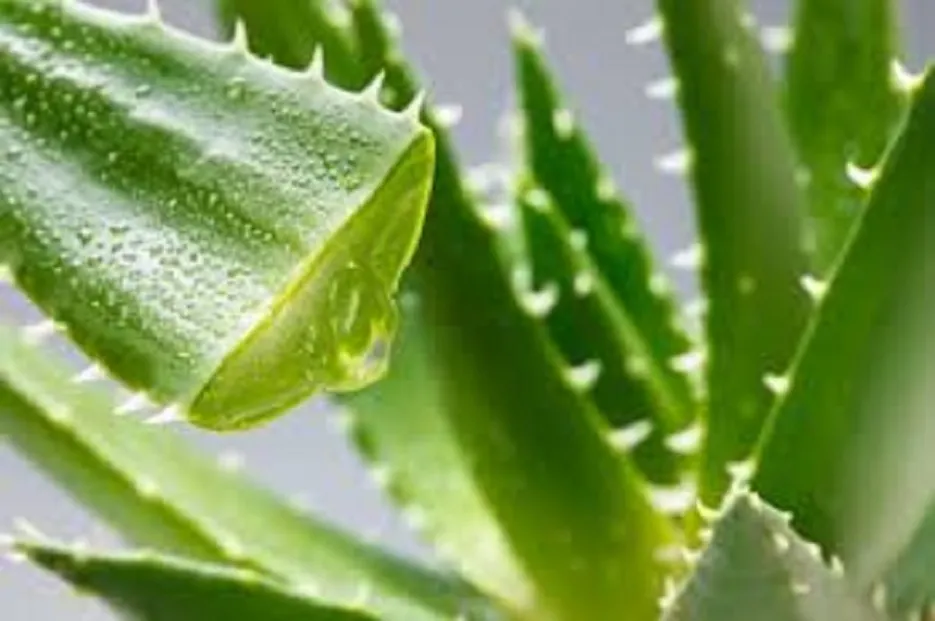
Thank you for reading this article, we hope you clicked on the ♡ icon to like the article and also do share it with your friends and family now!
Thank you for reading this article, we hope you clicked on the ♡ icon to like the article and also do share it with your friends and family now!

